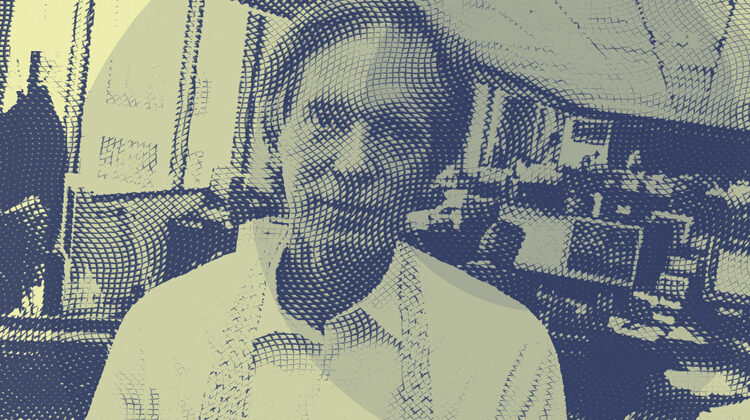
Consistent Alpha Generation through Structure
September 12, 2005
So CQish
November 6, 2008Pyramids Crumbling
My college experience dates so far back that it can only be labeled “ancient history.” Still, there are a few seminal lessons I learned at Duke UniversityÂunfortunately none of them having much to do with the classroom. “Ticket Scalping 101” and “Beginning Blackjack” probably head the list, but not far behind would be “Introduction to Pyramid Schemes.” While the first two courses may be rather unique to my own experience, the latter I assume is standard fare, and has been since the first diploma was awarded at Harvard, Yale or whichever college claims to have been the “firstest” with the “mos test.” A second semester senior who never signed up for a dorm-born chain letter cannot really claim to have received a college education at all. The chain’s lesson was that you should be the origiÂnator of the letter, not the 500th recipient. You wanted your name at the apex of this upside down pyramid not at the broadÂened top, which signaled the exhaustion of additional fish, tuna or whatever derogatory noun one could employ to signify the university’s last few suckers.
Wall Street and its global lookalikes, of course, are life’s largest colleges where lessons can be mighty expensive and downright bankrupting. The last two decades alone have witnessed pyramid schemes involving savings and loans/ junk bonds, the small investor/dot.corns, and now global bonds/subprimes. I could go on and you have your own candidates to be sure, but in each and every case the originator of a surefire “can’t miss” concept collected huge premiums from a willing investment public, only to see the pyramid collapse either of its own merits or from the lack of additional gullible investors. There will be more to come, much like a regular university that welcomes a never-ending stream of new “students” who pay annual “tuition”
to be “educated.”
In addition to the pyramid shape of its securitized assets and the endless chain of its letters, finance and espeÂcially modern finance is centered around banking and now, unfortunately, around shadow banking. Both, The Economist magazine points out in its September 22nd issue, are built on a fundamental (and ever present) mismatch: they borrow short and lend longer and riskier.



